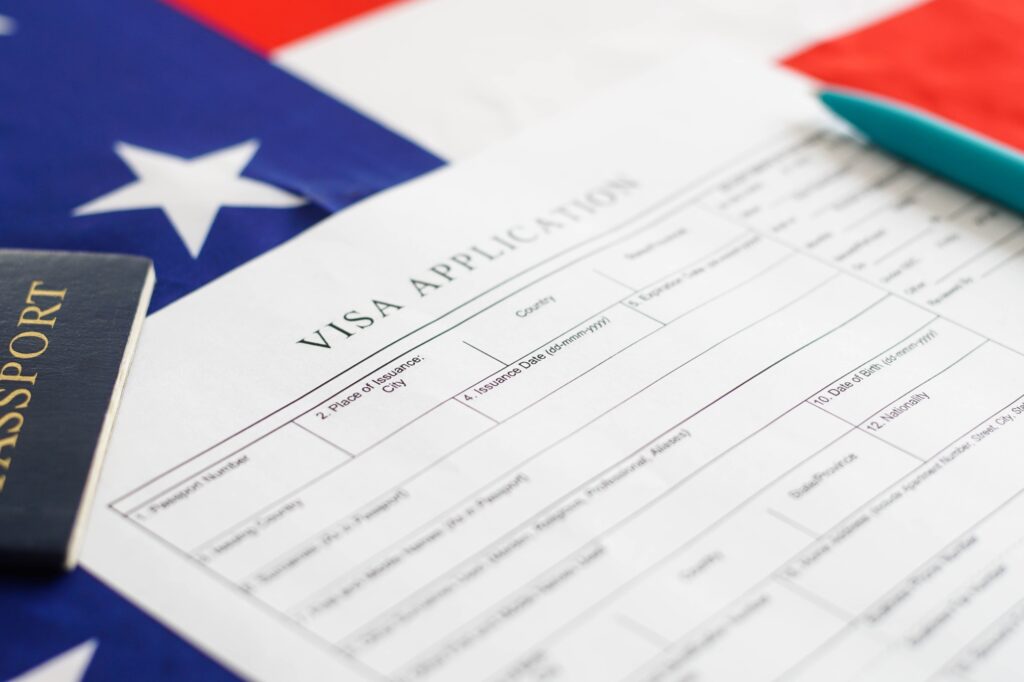
USA. Enhancing Family-Based Immigration: A Call for Improved Form I-130 Procedures
Key Takeaways:
- Streamlining Form I-130 Processing: The CIS Ombudsman recommends revising Form I-130 and its instructions to reduce errors and misrouting, enhancing efficiency in family-based immigration petitions.
- Enhancing Online Form Accuracy: Implementing conditional logic in the online Form I-130 is advised to ensure clearer responses, preventing incomplete or incorrect submissions.
- Facilitating Petition Transfers: Introducing a self-service tool for petitioners to manage transfer requests could automate and expedite the movement of approved petitions between agencies.
- Improving Interagency Coordination: The Ombudsman suggests providing the National Visa Center (NVC) with mechanisms to request and obtain approved petitions from USCIS, reducing delays in processing.
- Addressing Past Routing Issues: Recommendations include offering relief to beneficiaries affected by previous misrouting procedures, ensuring fair treatment and timely processing.
In the intricate landscape of U.S. immigration, the Form I-130, Petition for Alien Relative, serves as a cornerstone for families seeking reunification. However, complexities in its processing have led to significant challenges, prompting the Citizenship and Immigration Services (CIS) Ombudsman to issue a series of recommendations aimed at refining these procedures.
The Form I-130 initiates the process for U.S. citizens and lawful permanent residents to sponsor eligible family members for immigration. Once approved by U.S. Citizenship and Immigration Services (USCIS), the petition directs the beneficiary toward either adjustment of status within the U.S. or consular processing abroad. Accurate routing of these petitions is crucial; missteps can result in substantial delays, miscommunication, and undue stress for families.
In 2022, USCIS modified its methodology for processing approved Form I-130 petitions, inadvertently leading to the misrouting of tens of thousands of cases. This misdirection not only delayed the immigration process but also imposed unintended burdens on petitioners and beneficiaries. Recognizing the gravity of these issues, the CIS Ombudsman has put forth targeted recommendations to enhance the system’s efficiency and reliability.
Recommendations for Improvement
- Revise Form I-130 and Its Instructions: Simplifying and clarifying the form and its accompanying instructions can reduce petitioner errors, ensuring accurate completion and appropriate routing. Clearer guidance will empower applicants to provide precise information, minimizing the risk of misrouting.
- Implement Conditional Logic in the Online Form: Incorporating conditional logic into the digital version of Form I-130 can prompt petitioners to provide necessary information based on previous responses, preventing incomplete or contradictory answers. This technological enhancement can lead to more accurate data collection and efficient processing.
- Develop a Self-Service Tool for Petition Transfers: Creating an online platform within petitioners’ accounts to manage transfer requests can streamline and automate the movement of approved petitions between USCIS and the Department of State’s National Visa Center (NVC). This tool would empower petitioners to track and facilitate their cases, reducing administrative bottlenecks.
- Enhance NVC’s Access to Approved Petitions: Establishing a mechanism for the NVC to directly request and obtain approved petitions from USCIS can improve interagency coordination, expediting the processing of immigrant visas and reducing wait times for beneficiaries.
- Provide Relief for Affected Beneficiaries: Offering remedies to individuals impacted by previous routing errors, such as expedited processing or case reviews, can address past grievances and restore confidence in the immigration system.
These recommendations aim to rectify systemic issues that have hindered the efficiency of family-based immigration processes. By implementing these changes, USCIS can enhance service delivery, reduce processing times, and alleviate unnecessary burdens on petitioners and beneficiaries.
The CIS Ombudsman’s proactive approach underscores a commitment to continuous improvement within the U.S. immigration framework. Adopting these measures not only facilitates family reunification but also reinforces the integrity and responsiveness of immigration services.
#
